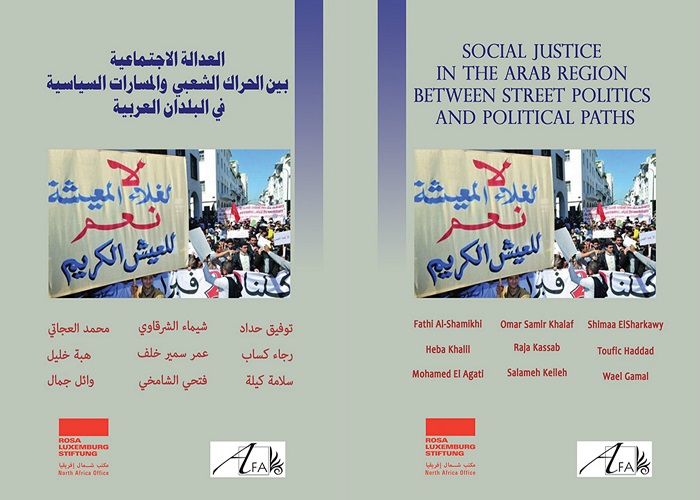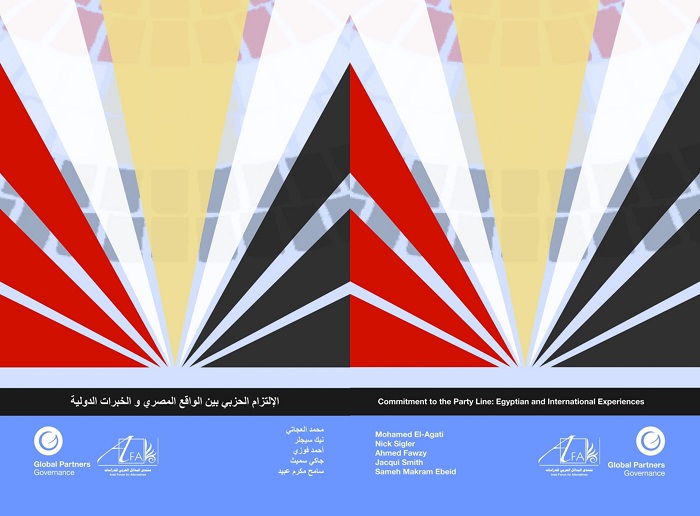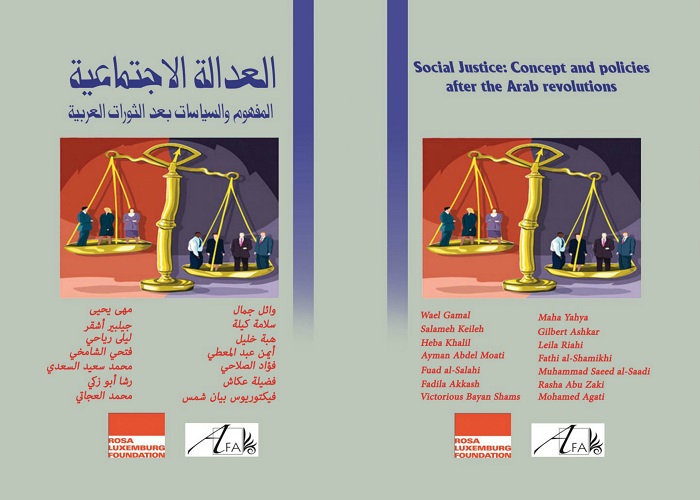Social justice in the Arab region between street politics and political paths
Fathi alShamikhi ,Heba Khalil ,Mohamed ElAgati ,Omar Samir Khalaf ,Raja Kassab ,Salama Kela ,Shimaa ElSharkawy ,Toufic Haddad ,Wael GamalThe concept of social justice was reflected in the discourse of several Arab political platforms whether partisan, parliamentary, or presidential, yet this discourse remains detached from actual policies on the ground and some of them were even at times not in line with social justice to start with. Some of the approaches only focused on one dimension of social justice such as, for example, fair wages which being a main component of the comprehensive concept of social justice cannot be presented as…










